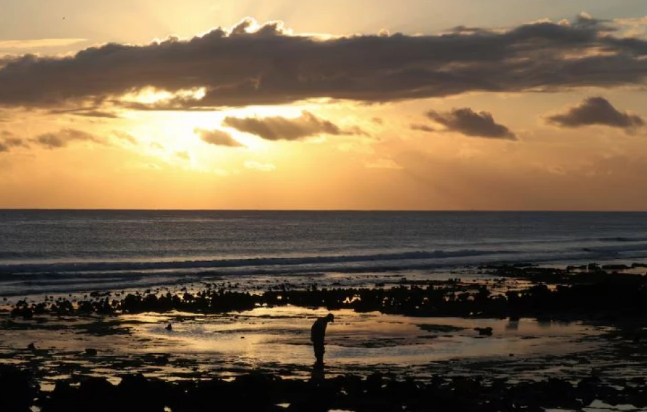At least five African countries are working on what could become the world’s first joint “debt-for-nature” swap, aimed at raising at least $2 billion (Ksh. 258 billion) to protect a coral-rich region of the Indian Ocean, according to the International Union for the Conservation of Nature (IUCN). Debt-for-nature deals involve restructuring or replacing debt with cheaper alternatives, with the savings directed toward environmental conservation efforts.
While individual nations like Ecuador, Barbados, Belize, Gabon, and Seychelles have completed such swaps in recent years, this African initiative would be the first to involve multiple countries working together to safeguard a shared ecosystem.
Thomas Sberna, the regional head for coastal and ocean resilience at IUCN, did not specify the countries engaged in the joint swap but mentioned that nations supporting the broader “Great Blue Wall” conservation initiative include Kenya, Madagascar, Mauritius, Mozambique, Seychelles, Somalia, South Africa, Tanzania, and the Comoros.
First announced in 2021 and backed by the U.S. and British governments, the “Great Blue Wall” project aims to protect and restore 2 million hectares of ocean ecosystems by 2030, benefiting approximately 70 million people living in coastal areas.
Sberna emphasized the importance of ambitious deals like this one to accelerate conservation efforts. “If we want to really deliver a substantial impact in the next five years, we cannot just continue issuing them one by one,” Sberna said.
Historically, countries have struggled to agree on key issues such as fishing rights and funding for environmental measures, but it is hoped that a regional deal will help overcome these challenges and attract investors.
The initiative also comes as discussions continue on securing more financing to protect biodiversity, a central focus of upcoming global talks in Colombia this October. These talks follow a landmark agreement in 2022 to protect 30% of the world’s oceans and land by the end of the decade.
With many countries grappling with the effects of climate change and carrying heavy debt burdens, Sberna highlighted the need for radical approaches. He stressed the urgency of scaling up marine protection, noting, “We need to leapfrog from 1%-2% of marine-protected or marine-conserved areas to 30% in less than 10 years.”
“There is no way we could really achieve [those goals] using the same business-as-usual model,” said Thomas Sberna, referring to the ambitious targets for ocean conservation under the proposed debt-for-nature swap deal. Sberna expressed hope that a blueprint for the agreement could be finalized in time for the U.N. Oceans Conference next June.
Since the 1980s, Kenya, Tanzania, and Mozambique have experienced significant losses in mangrove shorelines, coral reefs, and fish stocks, which has put livelihoods, food security, and tourism revenue at risk. However, key details, such as the proportion of each country’s debt to be involved and how the conservation funds will be allocated and monitored, still require extensive negotiation.
To facilitate this, the International Union for the Conservation of Nature (IUCN) and other stakeholders are considering establishing a $2 billion (Ksh.258 billion) fund, which would consist of $500 million (Ksh.64.5 billion) in concessional funding and $1.5 billion (Ksh.193.5 billion) from bond swaps.
Sberna also mentioned ongoing discussions with regional multilateral development banks to provide credit guarantees and insurance policies for the swap, which would lower the interest rates on new “blue” or “nature” bonds that would replace the countries’ existing, more expensive debt.
Additionally, some fishing, shipping, and tourism companies in the region, which heavily rely on the ocean, are considering their own debt-for-nature swaps, although Sberna did not disclose the names of these companies.
While the African nations aim to be the first to execute a joint debt-for-nature swap, they face competition from some Caribbean countries, which are reportedly pursuing a similar plan for their reefs. Madagascar, home to some of the world’s largest coral reef systems and extensive mangrove areas, confirmed its involvement in negotiations, though the talks are still in the early stages.
“Many partners have already come forward,” said Madagascar’s Minister of Finance, Rindra Hasimbelo Rabarinirinarison, “but negotiations are still at the appraisal stage.” Other countries involved in the discussions did not provide comments.



